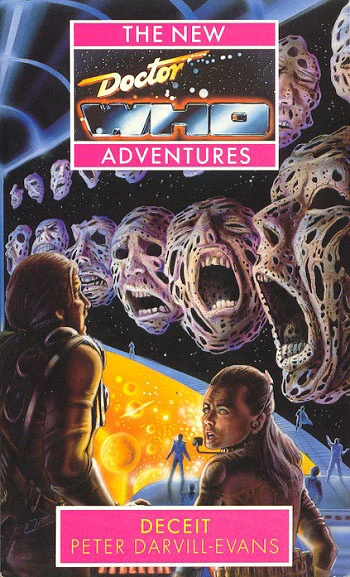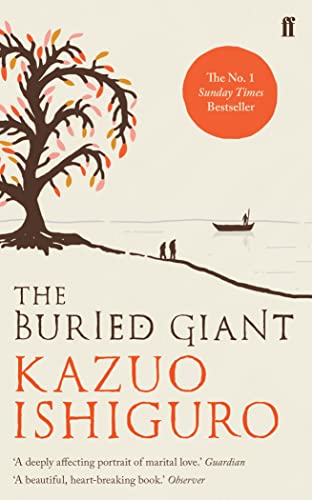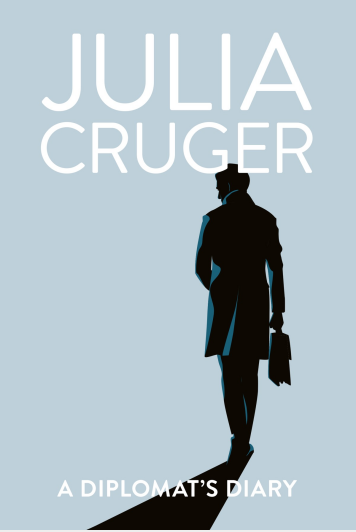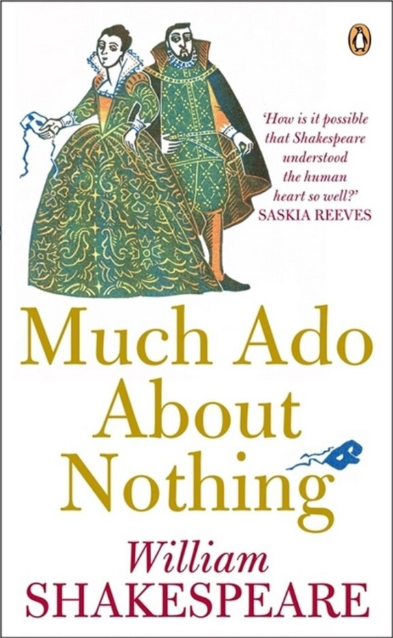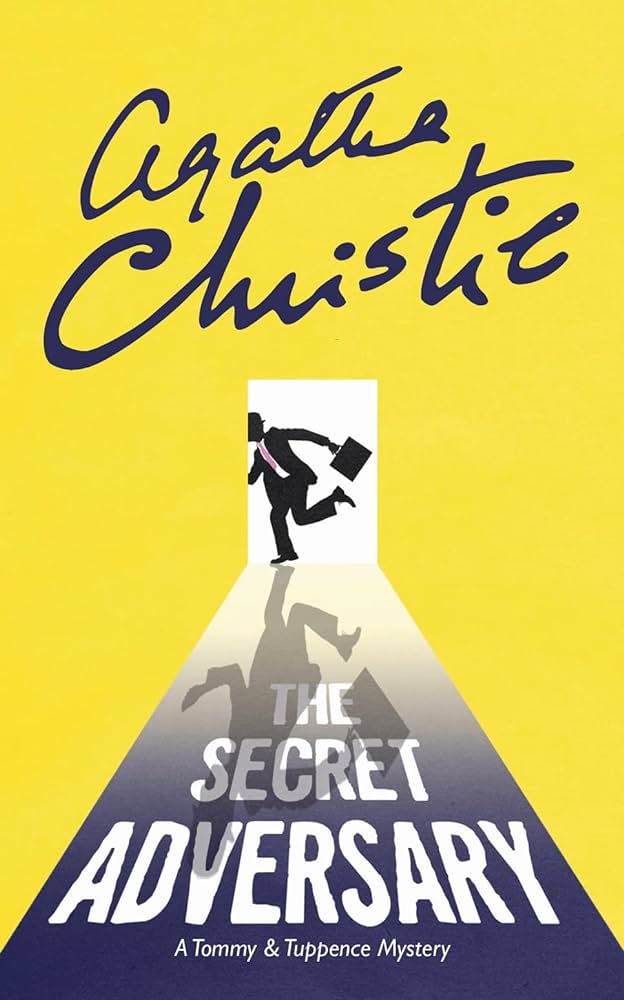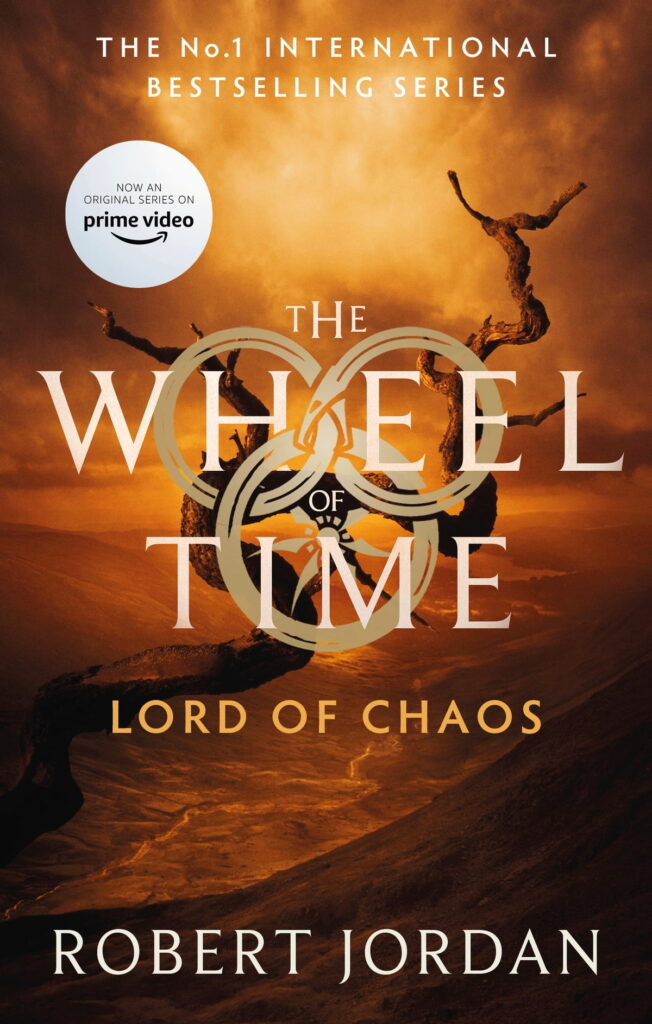In 2014, I wrote a blog post called Time Capsule, then in 2019 wrote Opening the Time Capsule where I read what my past self had written and answered the questions they’d left for me. Following on from that, I wrote Time Capsule 2 and, gosh, now it’s time to keep the chain going and see what I asked myself five years ago:
Same first question as last time: is everyone still alive? That’s the most important thing!
Sadly not – at your Bath Christmas meal in 2022 you received the news that Jon had died. Only in retrospect, do I realise that this is quite a melancholic question to open with.
Hopefully I’m still alive too. Does my phone still work though? I’m setting a reminder to do this in my current phone, so I hope I still have it in 2024 – it will only be eight years old, so I feel like it should be fine.
Yes, I am alive and well – although COVID-19, a terrible mutation of a virus that barely anyone knew of in March 2019, almost killed me in 2021. So did a case of urinary constriction in 2020. They were a pretty unlucky couple of years, and yes, even my phone broke in that window of time, but with the magic of modern technology, the next phone (kindly given to you by Chloe and Liam in exchange for a Nando’s) managed to retain the reminder.
I have full faith in you, my future self, to still be writing this blog, so, tell me, what’s the best blog post I wrote in the last five years?
Ironically, while I asked myself in 2014 if I still updated the blog in 2019, I didn’t ask back then if I would in 2024. I do still update this blog, of course, but not on any regular schedule, just as and when I have something to say, with the rest of the posts just being book reviews. The best post in that window of time was Emotional Ambience, where I wrote about one particularly amazing moment I experienced during my trip to Portugal in 2023 – my first visit overseas and honestly some of the best days of my life.
What’s happening with your Finger Puppet Show? I trust that the hiatus will be over.
Gosh, it is, but only just. The hiatus you refer to came to an end a short time after the blog post you wrote, but then it was on hiatus again when I was unable to access my puppets in the pandemic. I did very, very irregular updates for a few years, but now I update weekly again.
When was the last time you saw: Amy, Ben, Chloe, Christian, Dalfino, Davey, Egan, Edward, George, Hayley, Kat, Liam, Mairi, Rory, Sarah, Sophie, Stacey, Stephanie or Tasha? Make sure to reach out to anyone you’ve not seen in a while!
Good news. You see, or speak online, with all of these people at least semi-regularly.
How is your mental health doing? I worry that if a lot of your friends go away, you will become sad and depressed – but right now you feel good and happy: don’t forget, if you are depressed, that you’ll always become happy again. Friends always come back eventually and there are always new friends to make!
My mental health is pretty much the best it’s ever been. I’m living in the golden age of life. In fact, I don’t really worry about how it will effect my if friends move away anymore. I don’t think the effect on me would be too negative these days.
Are there any people who are important to you, but who I don’t know yet?
There certainly are!
- Lydia: I guess she doesn’t technically count, since you already knew her when you wrote the Time Capsule, except back then, she was just someone you met once and barely knew, and now she’s one of your closest friends. In fact, just a few months after you wrote this post, she reached out and got back in touch, and you’ve seen a lot of each other over the last five years.
- Neus: Neus is Rory’s partner, who you met in 2021 and have become good friends with since, to the extent that she invited you to come on the holiday to Portugal mentioned above, and of course, I’m always going to think highly of the person who helped facilitate one of the highlights of my life!
- Malena: You meet Malena in 2022, through Rory and Neus. When we first met, I remember thinking “Gosh, she’s really cool, I hope we become friends one day” and that’s exactly what happened, with the trip to Portugal as the catalyst. The two of us just get on very, very well
- Laura: Davey’s now wife. This is another one that might not strictly count, because you knew Laura when you wrote the 2019 time capsule, but it’s only over the last couple of years where you’ve grown to count her among your own friends, rather than just a friendly acquaintance. Lately, you’ve had quite a few nice dinners out with Davey and Laura, and they’ve each been an absolute delight.
- They’re not the only ones either – Lorena, Lorette, Isabella, Emilie, Lin, and Lauren are all people who have come into your life and enhanced it for the better too. I continue to be very lucky when it comes to encountering the very best of humanity
Where are you working these days? Have you had many changes of job since 2019?
Gosh, loads of them. In fact, you’ve gone through four since you wrote the original blog post. Although my current job, which involves writing about video games for a business called Network-N is easily my best yet and I’ve stayed for over two years (my longest lasting job so far).
Have you had a chance to visit any other countries yet?
Yes! My trip to Portugal was my first time overseas. I never would have guessed that that would be where I go first, but it was such a perfect holiday that I wouldn’t change anything about it.
What’s a particularly rewarding experience you’ve had in the last five years?
Well, you know, it’s funny because one of the questions in the first time capsule was “Where do you live now?” and I didn’t include it in the second one because I assumed I’d still be in Corsham – little did I know, less than four months after writing this, I’d be moving to Bath to live with the friend now known as Eilidh. Funnily enough, this time capsule popped into my head shortly after we started living together and I imagined that the entirety of our time together when be encapsulated within the period before the time came to “open” the capsule. As it happens, I was wrong, and I hope we can live together for many years yet. Nothing is more enriching than living with a fun-loving person who shares many of the same interests and with whom you can chat with long into the night on just about any subject.
Of course, there have been many rewarding experiences of the last five years, but getting to live with Eilidh is definitely the one with the largest positive impact.
What do you know in 2024 which would be the most exciting piece of information for me to know in 2019?
Again, it’s funny because in the first time capsule I asked “Has there been anything new, Waltons-wise?” and then I just didn’t think it was very likely that there’d be anything before the next one so I didn’t ask again, and I was wrong – there have been two new Waltons movies and they were both amazing. They even had Richard Thomas.
Being quoted in the trailer of two games published by Playtonic is something that would have excited me endlessly, had I known it back then.
Finally, just as I said in my last time capsule, make sure to create a new one to be opened in 2029! You’ll be approaching 40 by then. Oh my.
I will absolutely be writing a new time capsule for myself to open in 2029. The process of going back and answering the questions of my past self has been a very positive one both times, because it has helped me to appreciate all that I have gained in the years that followed. I can only hope that the next five year period will be as positive as the last two.








